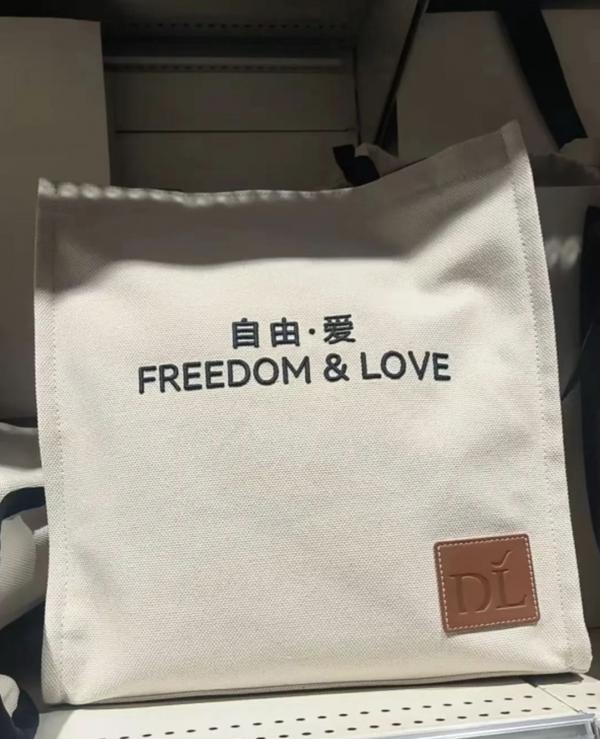Why Dealmoon's $180 Canvas Bag Went Viral Despite Transparency About its $143.84 Cost
A canvas bag from Chinese retailer Dealmoon priced at $180 with disclosed production costs of $143.84 has gone viral, sparking discussions about pricing transparency, manufacturing costs, and fair profit margins in retail.

The retail industry was caught by surprise in January 2025 when Dealmoon, a major retailer in China, launched a canvas bag collection with unprecedented cost transparency. The company’s bold move to reveal its production cost of $143.84 for a bag retailing at $180 created significant buzz in the Chinese market.
The success of this canvas bag can be attributed to several key factors. First, Dealmoon’s commitment to transparency resonated with consumers who are increasingly conscious about fair pricing and ethical manufacturing. By openly sharing the 20.09% profit margin, the company built trust with its customer base.
The quality of materials and craftsmanship also justified the pricing. The bags use cotton sourced from Xinjiang, China’s premium cotton-producing region, along with imported hardware and leather components. Each bag’s logo embroidery alone requires 18,500 stitches and takes 105 minutes to complete, demonstrating attention to detail in production.
The development process was equally meticulous. Dealmoon’s team spent over a year researching and developing the product, visiting more than 50 factories and 10 suppliers to ensure quality standards were met. This extensive development cycle contributed to the product’s perceived value.
What makes this case particularly interesting is how it challenges traditional retail pricing models. While some luxury brands mark up their products by several hundred percent without disclosing costs, Dealmoon chose a different approach. Their transparent pricing strategy actually drove sales rather than deterring customers.
The supply chain ethics behind the product also played a crucial role. Dealmoon ensured fair wages throughout their manufacturing process, a practice that has become increasingly important to conscious consumers. This ethical stance has helped justify the price point to customers who might otherwise balk at spending $180 on a canvas bag.
Market response has been overwhelming, with the bags selling out in multiple Dealmoon locations across Henan Province, China. The success demonstrates that consumers are willing to pay premium prices when they understand and agree with the cost structure behind the products they purchase.
This phenomenon reflects a broader shift in Chinese consumer behavior, where value is increasingly determined not just by the product itself, but by the ethical practices and transparency of the company behind it. The Dealmoon canvas bag has become a symbol of this evolution in consumer preferences.
The bag’s popularity has sparked important discussions about production costs, fair labor practices, and profit margins in retail. It has forced both consumers and industry professionals to reconsider what constitutes a fair price and appropriate profit margin in modern retail.